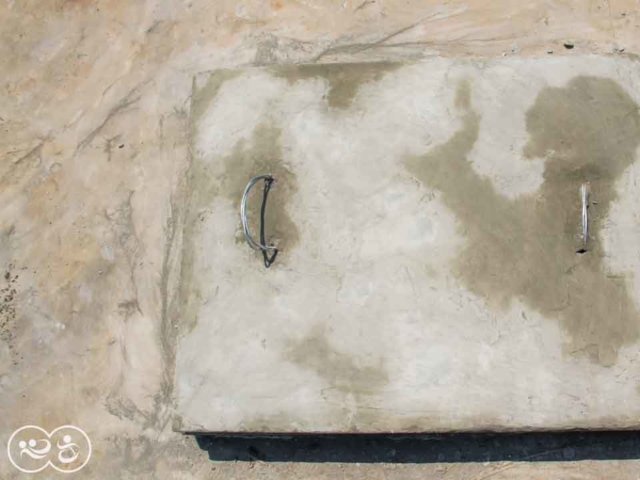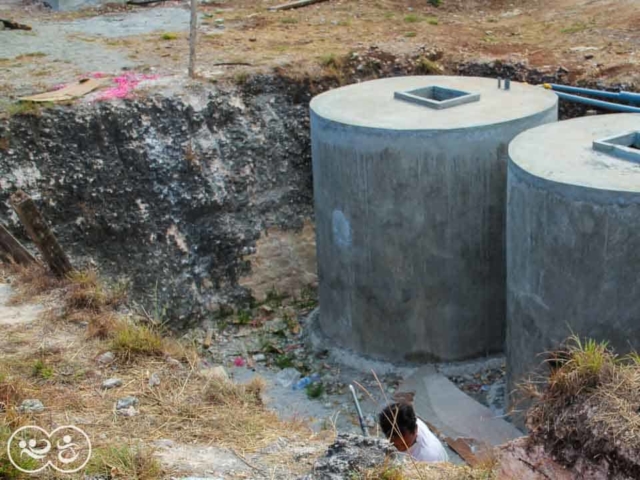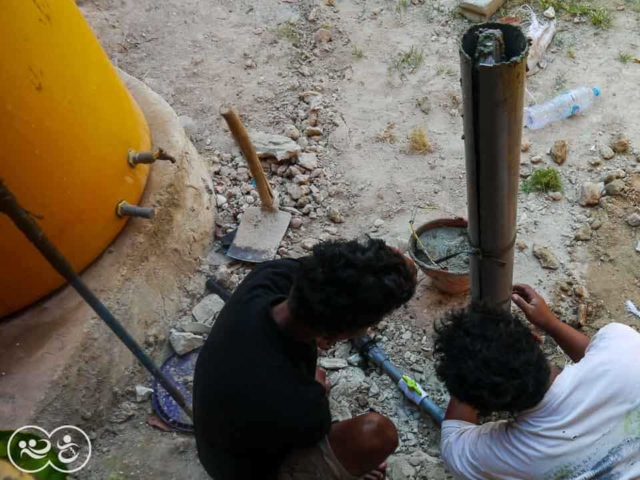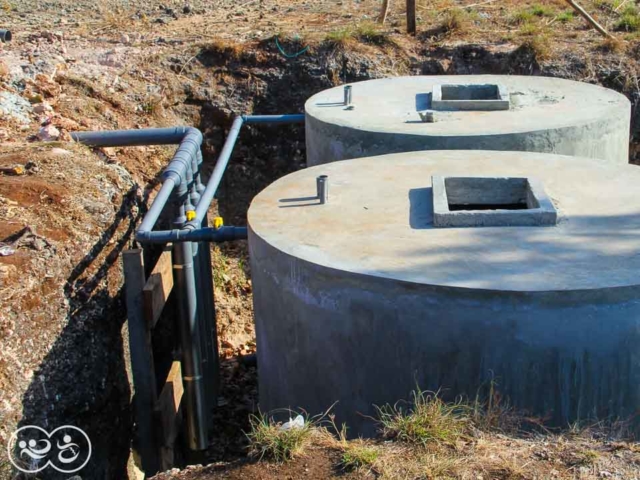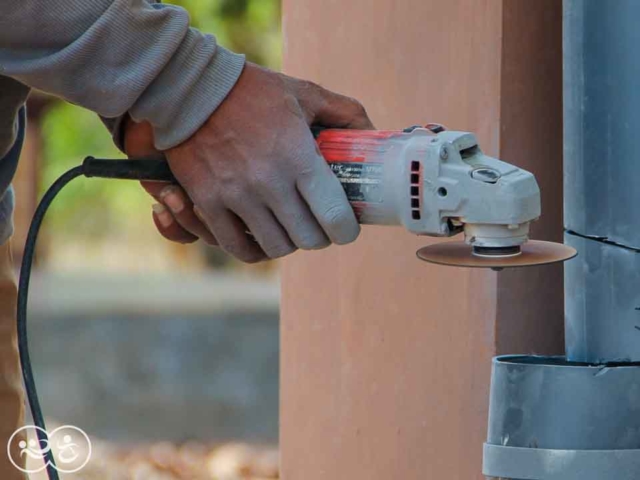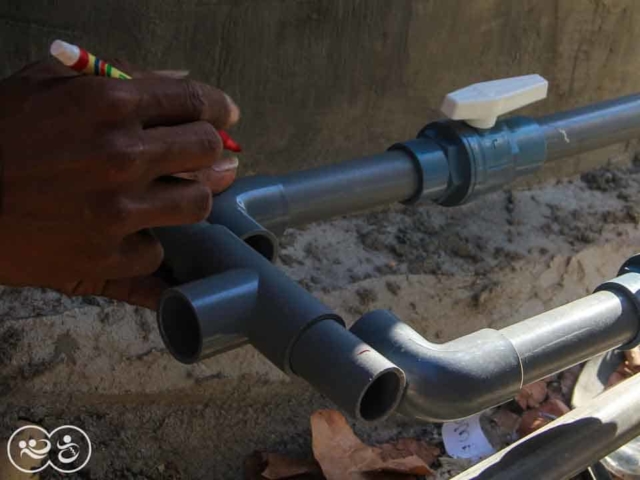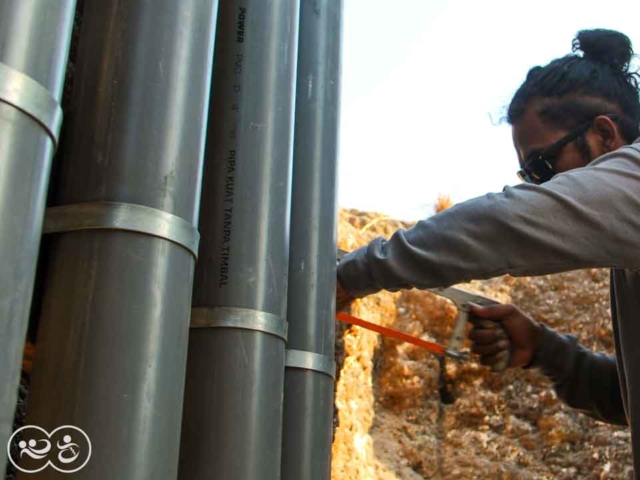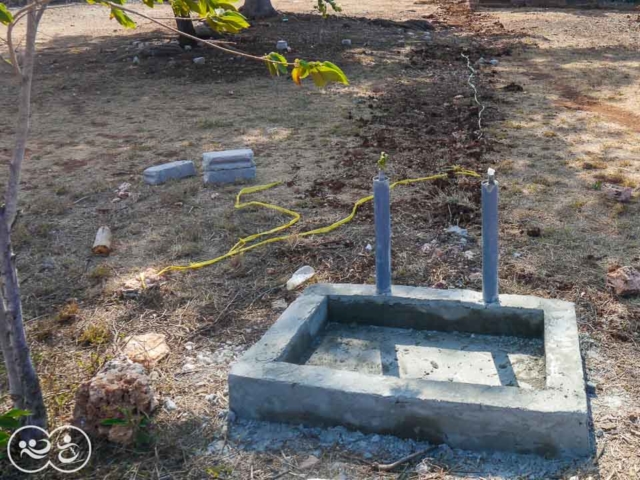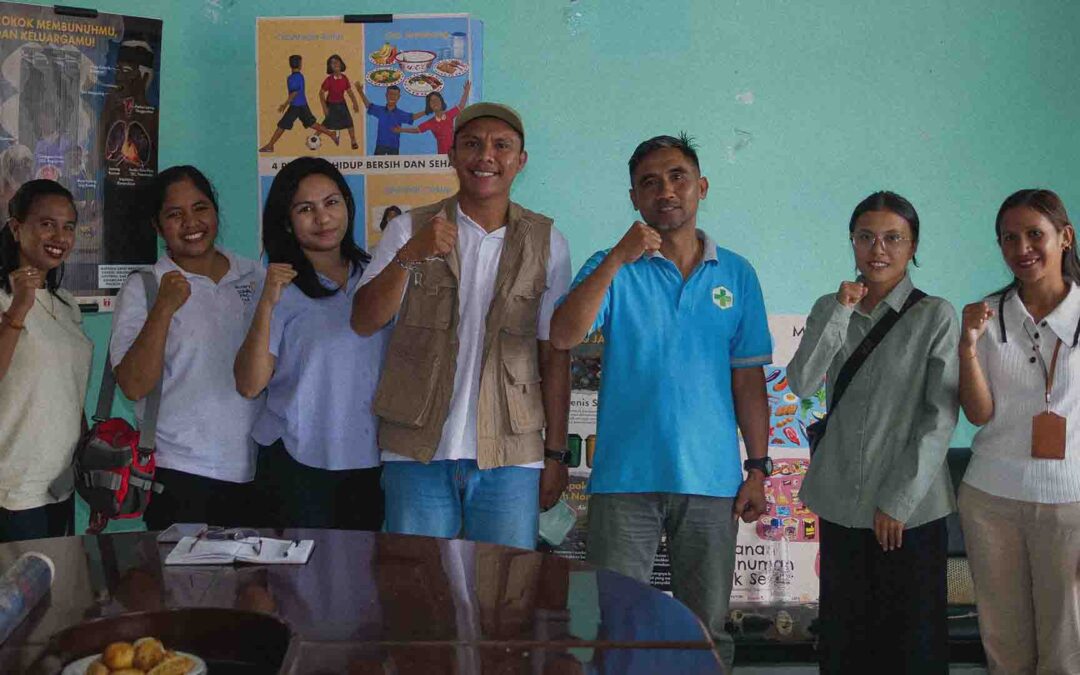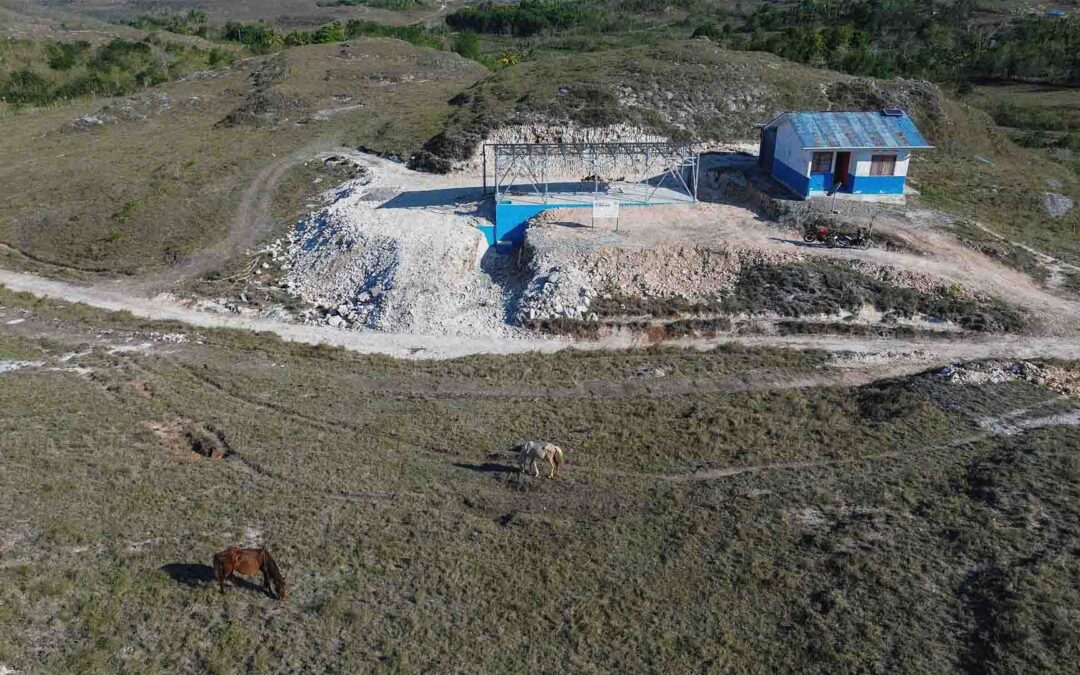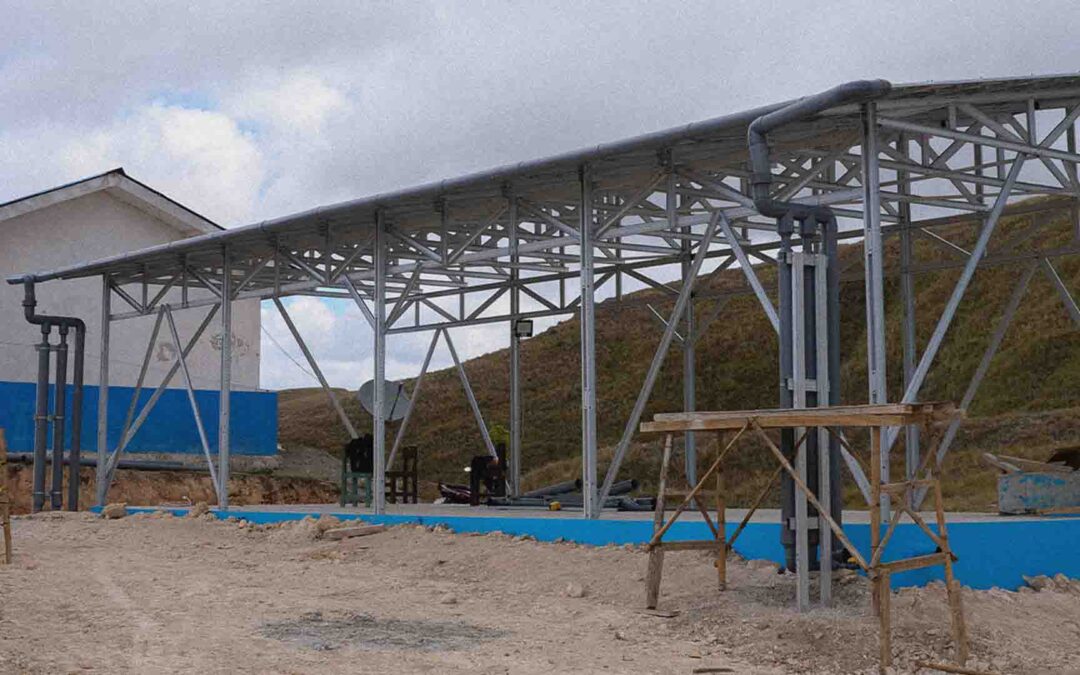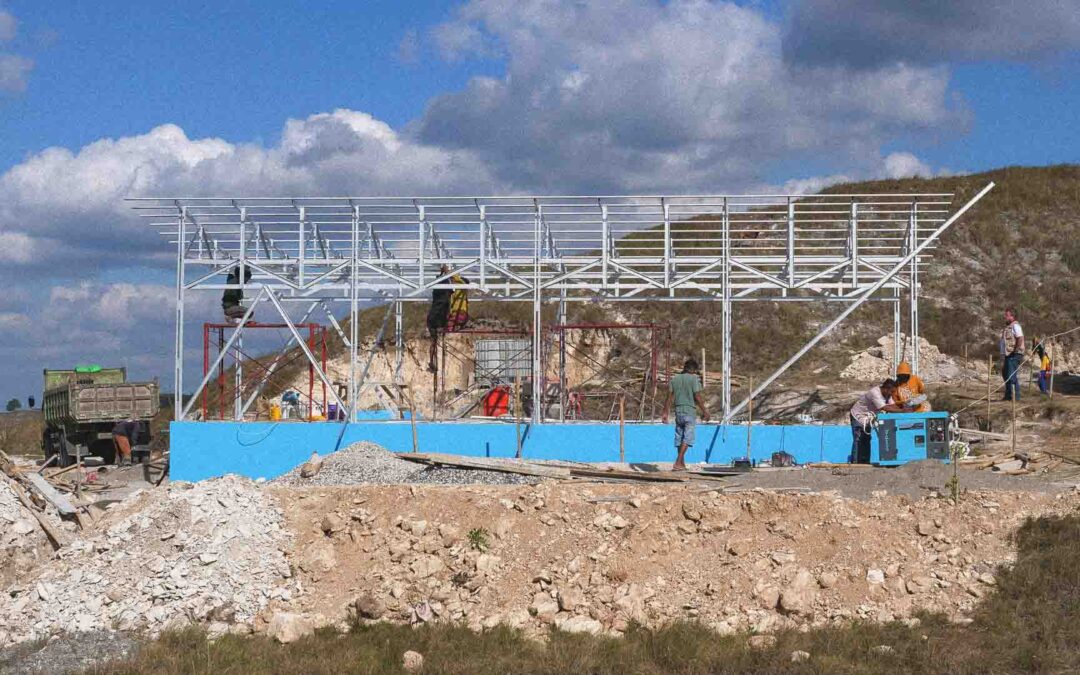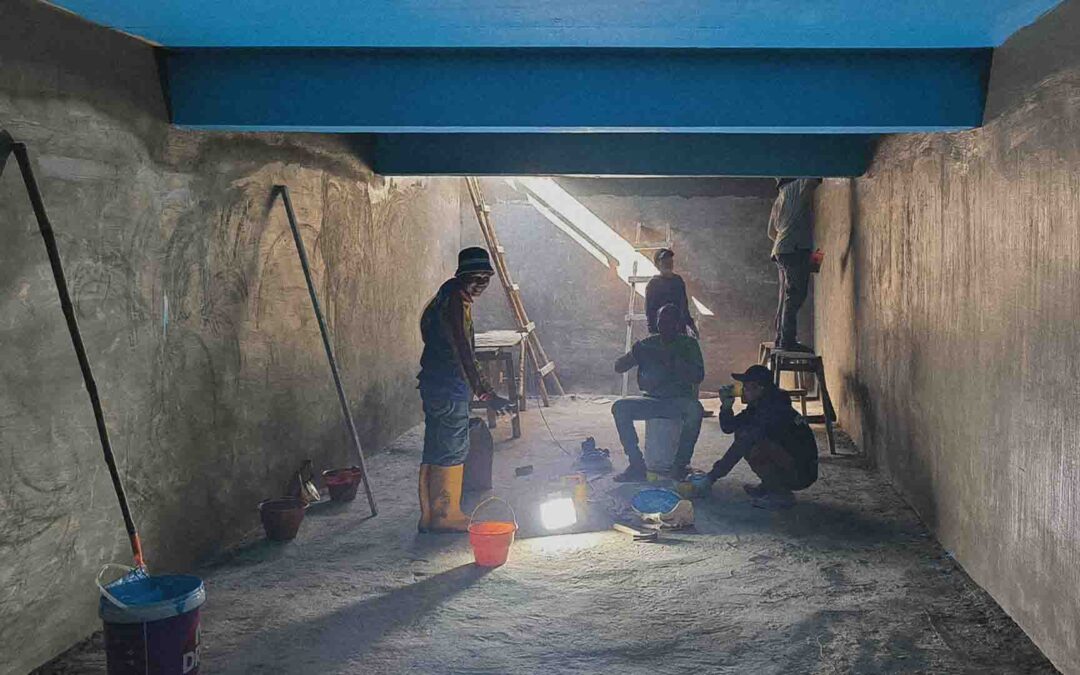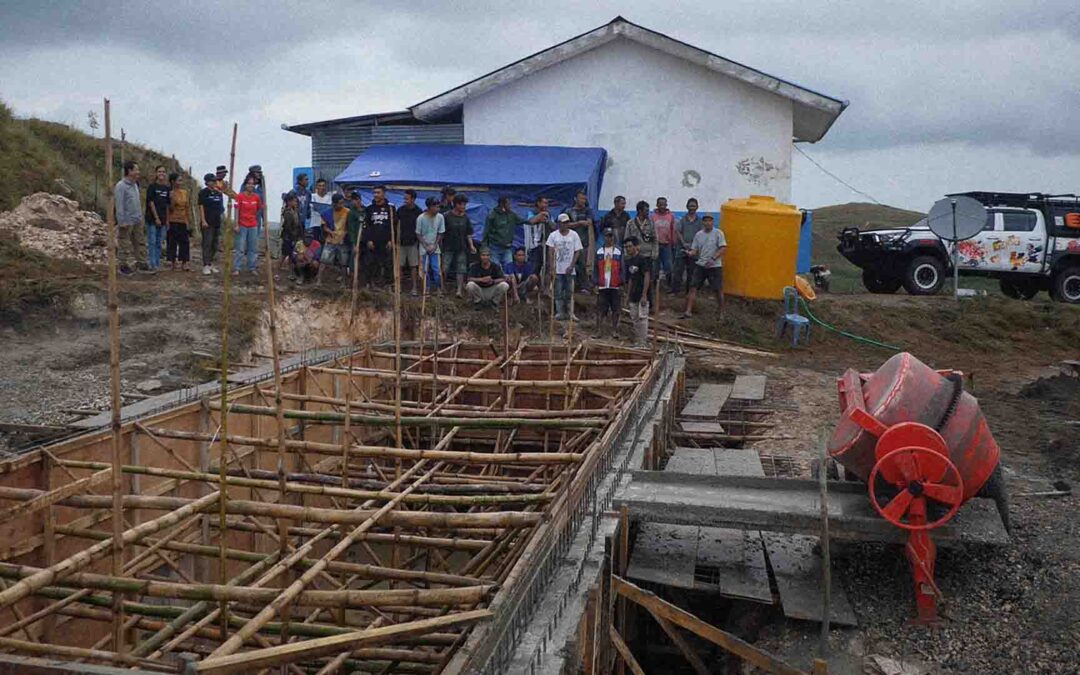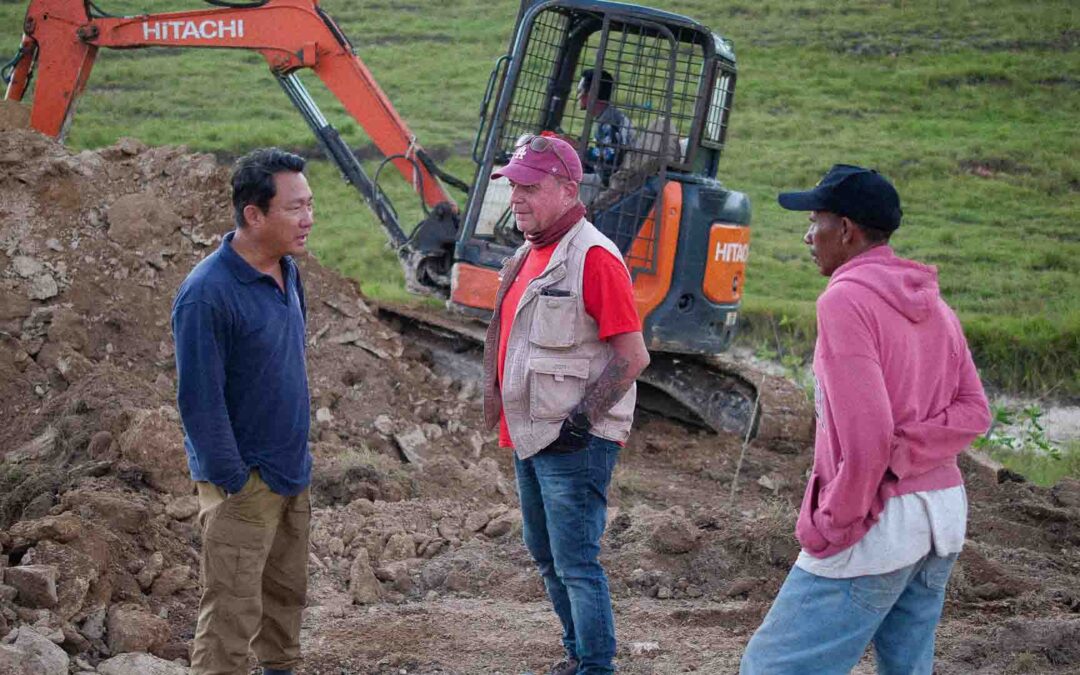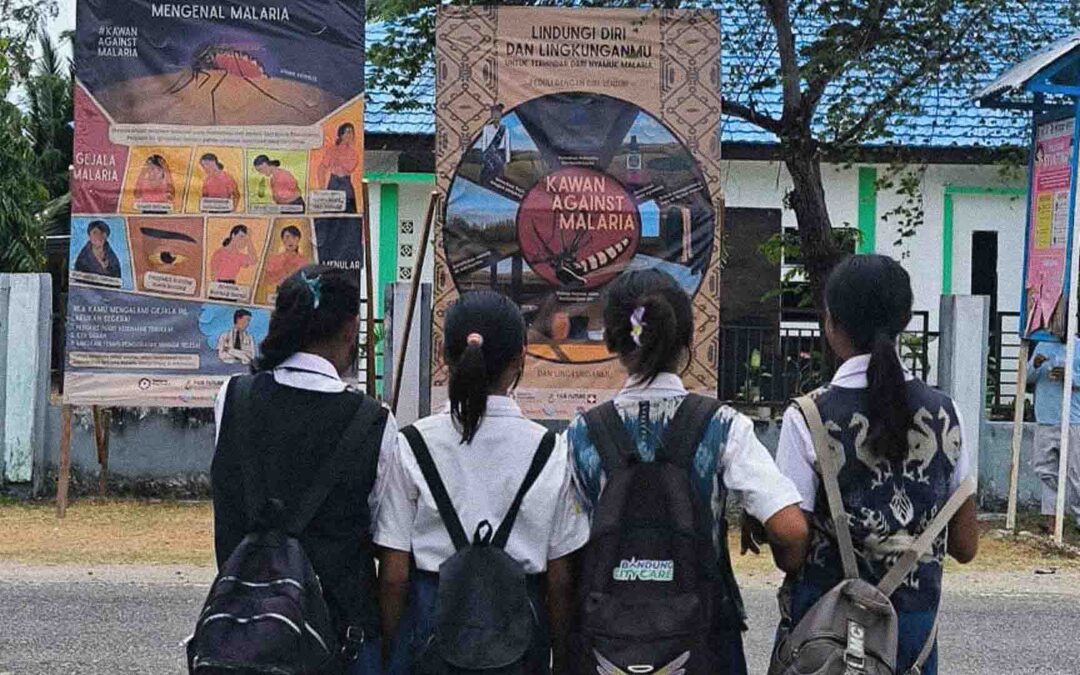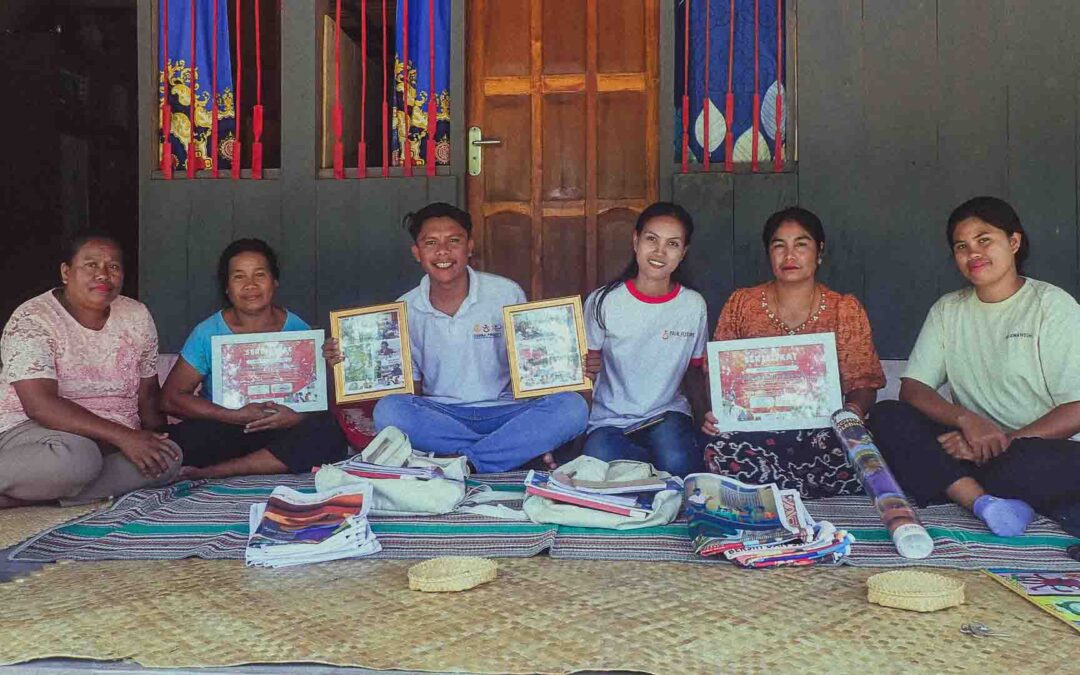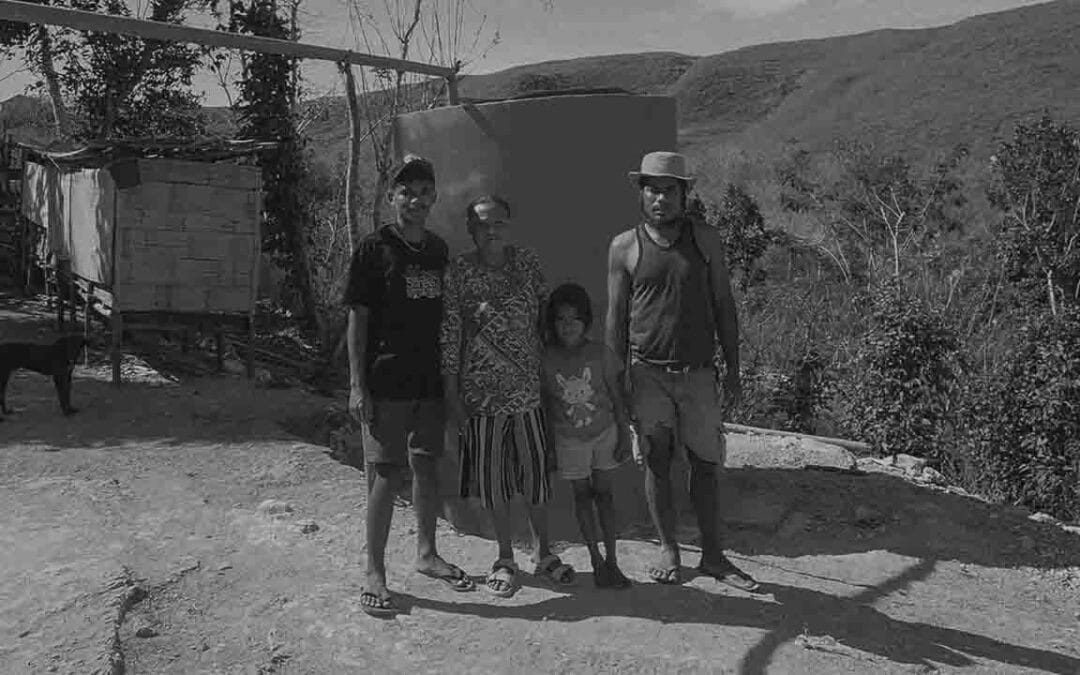In TanaMbanas, a village in Central Sumba, Fair Future is igniting transformative change through its #WaterConnections project.
Harnessing rainwater via sustainable, community-focused strategies, we are fighting against waterborne diseases and rejuvenating hope in this vulnerable region.
In the heart of Central Sumba, Fair Future is relentlessly weaving threads of change, giving life to the #WaterConnections project. The land is parched, the earth thirsty, but a transformative undertaking unfolds here in this seemingly forsaken region. A mission rooted in the struggles and aspirations of a local community began with a spark of innovation in the dawn of January 2023. We are in Tanambanas, central Sumba.
Picture a village cradled in a landscape so unforgiving, so devoid of moisture, that even the most advanced drilling technologies return empty-handed. In this thirsty world, the conventional approach to water accessibility would fail. We had to reimagine our solution, and thus, a different form of innovation was born. The canvas for this ingenuity was none other than the roof of the local village church, a 400m2 structure made of corrugated iron.
As you navigate through the thirty vivid photographs, you are not merely observers; you become witnesses to an unfolding narrative of hope and communal endeavour. These images capture the soul of the project, featuring radiant faces buoyed by the realization that water—this most fundamental of life’s necessities—will no longer be a distant dream but a tangible reality. The village becomes a vibrant stage where our dedicated team members weld pipes, construct tanks, and work hand-in-hand with the community, signifying ownership that this project is as much theirs as ours.
“In TanaMbanas, each drop of water we collect is not just a drop; it’s a seed of change, a catalyst for a brighter, healthier future. Our #WaterConnections project empowers this community to move beyond the limitations of scarcity and disease. When we extend our hands in compassion, the realm of the possible becomes boundless.”
Two colossal water storage tanks have taken form, rising as mere receptacles and sanctified reservoirs that house every drop of filtered rainwater. For a population scarred by the devastating impacts of waterborne diseases like dysentery and cholera—ailments that have brought untold suffering and decimated families—these tanks are more than metallic structures; they are living monuments to health, vitality, and newfound optimism.
While this endeavour may appear as a marvel of engineering, its essence is resolutely human. Every bolt tightened and every litre collected reiterates our unyielding commitment to devising resilient and sustainable interventions for those on the margins of society. The narrative of this project confirms what we’ve always believed: when compassion extends its hands, the boundaries of what’s possible expand.
We at Fair Future are profoundly aware of our achievements but are simultaneously fueled by the enormity of what awaits our attention and resolve. Every moment spent advancing the #WaterConnections project reaffirms our foundational mission: bridging the gaping divides that deprive the most vulnerable among us of basic human needs. In the arid lands of Central Sumba, that mission begins by transforming each scarce drop into an ocean of possibility.
Thank you for entrusting us with your belief and, above all, for seeing the humanity in the lives we aim to uplift.
We cordially invite all captivated by this unfolding story to explore our photo gallery, witness this extraordinary effort, and further engage with our mission through our Instagram account.
Alex Wettstein – Fair Future Foundation medico-social camp in East Sumba – Rumah Kambera, Lambanapu – The October 10th, 2023.



